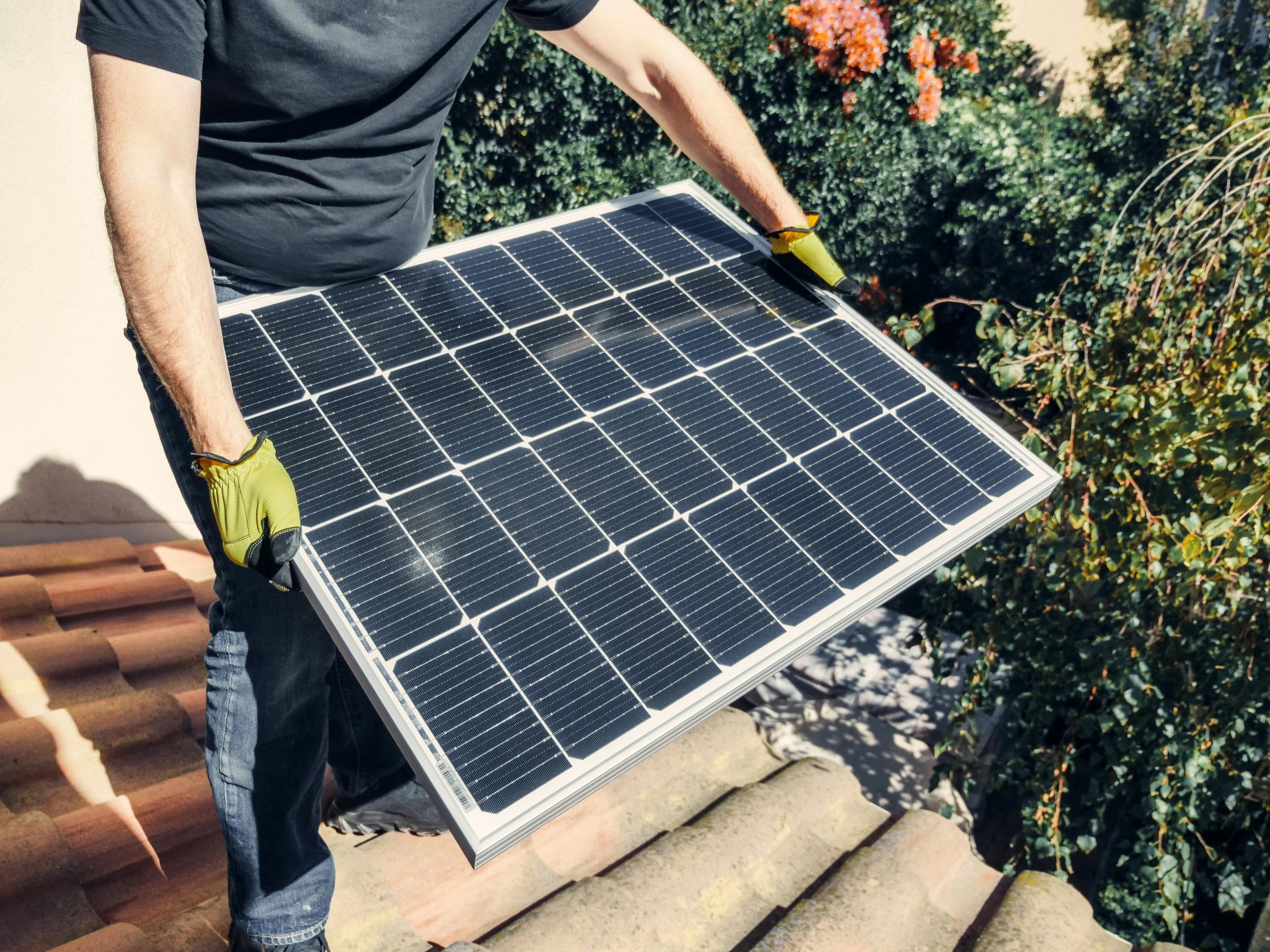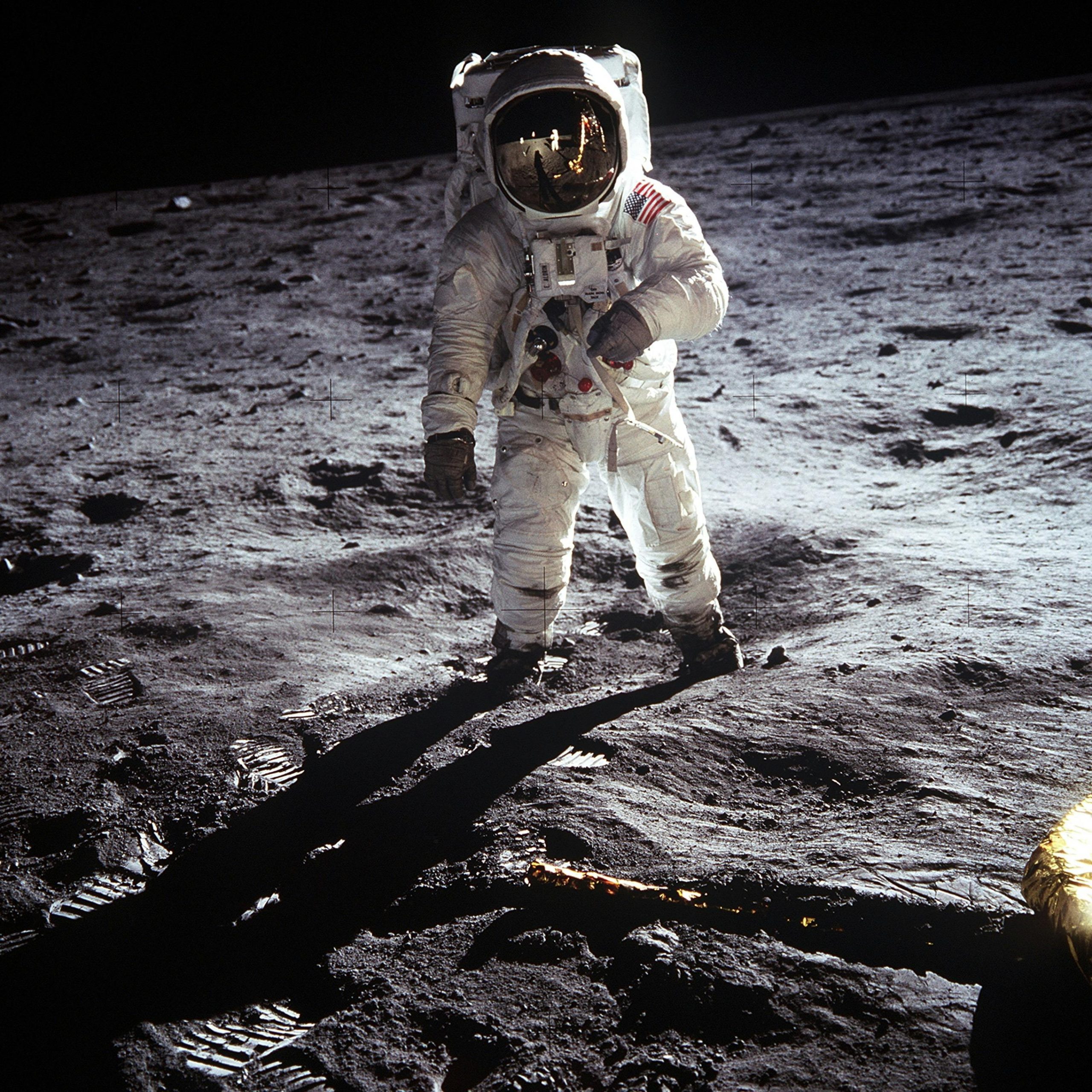Title: Exploring the Themes of Grid Blackouts in “Eternaut”
In the realm of entertainment, Netflix’s latest series, “Eternaut,” captivates audiences with its intriguing premise centered around a grid blackout and the haunting implications of a nuclear “dark winter.” This gripping narrative, which debuted several months ago, echoes similar themes found in the earlier series “Zero Day,” also focused on widespread power outages.
The prevalence of stories centered on power loss raises eyebrows—especially when viewed alongside recent real-world events, such as the significant outages experienced in Spain and Portugal. Interestingly, the cast of “Eternaut” communicates in Spanish, bringing to light potential cultural connections to the very countries grappling with these modern challenges. Is it merely coincidence, or are such artistic choices intentionally reflecting current societal anxieties?
Many observers, including myself, are beginning to speculate that these narratives convey a deeper message regarding an impending global grid shutdown. This unsettling thought raises the possibility of natural phenomena, such as solar flares or a pole shift, contributing to widespread disruptions. Given the recent surge in reports about billionaires investing in bunkers, the urgency of such preparations seems more pertinent than ever.
With the landscape of power and technology in constant flux, perhaps it is time for us all to consider proactive measures in anticipation of whatever lies ahead. As “Eternaut” illustrates through its gripping storytelling, being prepared for unforeseen circumstances may be our best line of defense.




This discussion around “Eternaut” and its focus on grid blackouts is incredibly thought-provoking, particularly as it reflects our current societal concerns about power infrastructure and its vulnerabilities. The thematic parallels between fiction and reality serve as a powerful reminder of how art can mirror our anxieties about the future.
One interesting angle to consider is the psychological impact of narratives centered around disaster and preparedness. Shows like “Eternaut” not only entertain but also stimulate conversations about resilience and community response in times of crisis. This can lead to a collective awareness that prompts better preparedness. As you mentioned, the global surge in power outages and the increasing investment in disaster preparedness—both in media and real life—could signal a cultural shift towards valuing security and self-sufficiency.
Moreover, the use of Spanish in “Eternaut” emphasizes the cultural nuances that can shape our understanding of these themes. In Latin America, where disruptions can arise from both natural disasters and systemic issues, this portrayal may resonate even more profoundly. It raises the question: how do cultural contexts influence our perception of crises?
Ultimately, while shows like “Eternaut” tap into our fears of losing technological control, they also offer an opportunity for dialogue about community resilience and the importance of proactive planning—whether it’s through policy, conversation, or individual actions. Perhaps this is where the true value of such narratives lies, pushing us to engage critically with the challenges ahead.